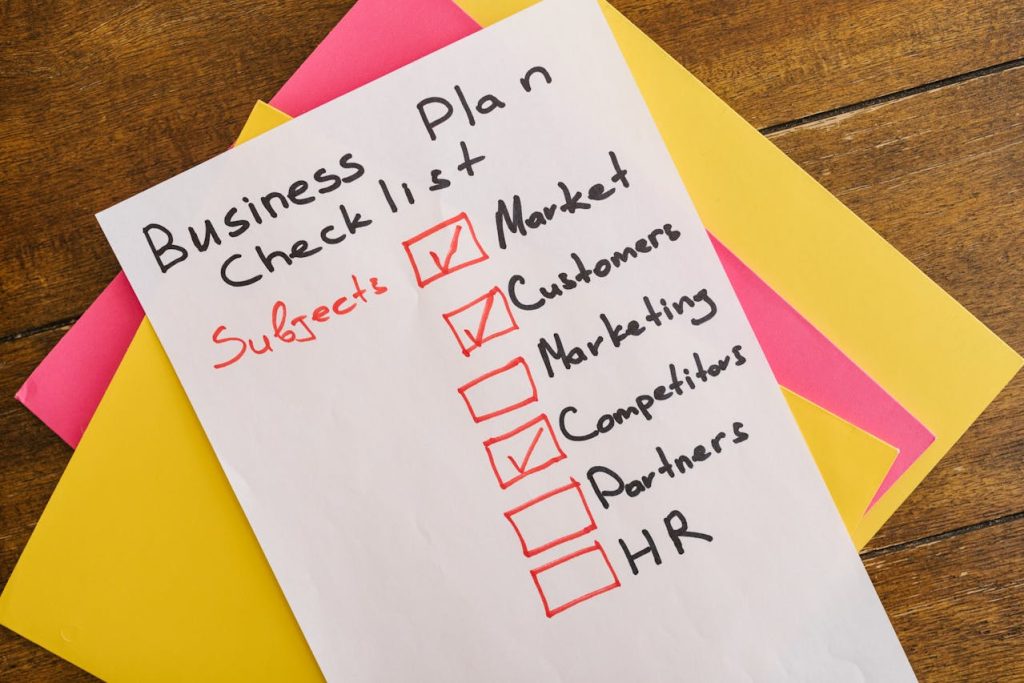
Small Business Valuation: How to Determine Your Business’s Worth
| 5 minutes read
Glimpse
- A business valuation is a process of determining a business’s economic value.
- Calculating a business’s exact value isn’t a science; several formulas and strategies could be used.
- When you’re defining your business’s value, it’s crucial to figure out what a potential buyer or investor wants to know about your company.
- This article is about small business valuation, startups owners who want to calculate their business’s value for informational purposes.
When you run a small business or MSME, you wear many different hats and work on multiple things simultaneously. Entrepreneurs and small business owners are busy from bookkeeping to marketing to developing your product or service offerings. While it’s not always easy to find time to complete additional tasks, small business entrepreneurs should take the time to determine their business’s value regularly.
What is a business valuation?
A business valuation is a process of deciding a business’s economic value. Analysts will use factors like company leadership, determining your business’s market value, and future earnings to determine the company’s valuation.
It’s a good idea to regularly perform a business valuation since it can help you identify ways to improve your company and raise the valuation. But a business valuation can also be used in exit strategy planning (if you’re planning to sell) or looking for funding.
What method of business valuation is best?
There are multiple ways to determine the value of your business.
The two most common methods are the multiples method, the easiest and most commonly used method. The other method is called the discounted cash flow method (DCF). The first method requires you to apply the multiple revenue of EBITDA [earnings before interest, taxes, depreciation, and amortization] at which small companies were sold and multiply it to your latest EBITDA or income. The DCF requires you to forecast your earnings into the future and calculate a net present value.
Methods
Step 1: Forget about capital assets when valuing your business.
Unless you’re a qualified chartered accountant (CA), you may have made the common mistake of associating asset value with business value. These two entities are entirely separate.
Here’s the common misconception:
- Suppose your business has an office block worth $500,000, supplies and products worth $100,000, the financial backing of $200,000, and a fleet of trucks worth $85,000.
- In total, you’ve got $885,000 in capital assets.
- If you were to sell everything now, that is the cash value you’d receive from selling, so that is what your business is worth.
A buyer isn’t interested in how much money they make if they sell your office block. Instead, they are interested in how much money they can earn through the products and services produced there.
Also Read: 5 Essential Ways to Reduce Small Business Initial Costs
Step 2: Work out profitability by knowing gross income and all outgoing payments.
If the value of your business isn’t measured in capital assets, then what is it measured in? Profits.
A valuation of your company is all about the money you are making and the money you are likely to make in the future. A buyer wants to know how much they can expect to make if they take over your company.
Your own salary is included with gross income and outgoing payments. However, we aren’t talking about every cent you earn from the business, just your base operating wage. Net profit is what we are aiming for.
But that isn’t all we need. A business is not valued based on its income for a single year. So we also need to consider two more important aspects for valuing your company:
- Multiples: Multiples are longevity meters. If it is worth selling, you don’t expect your company to go out of business in a year, so how long is it likely to keep going and earn money for investors (or new owners)? In the small business world, multiples range from two to ten. But, of course, this number depends entirely on the risk factor involved and the size of the business.
- Profitability adjustments: A company is unlikely to generate the same profit year after year. When valuing your business, you must determine the amount of growth or profit loss you can expect over your applied multiple. To do this, you’ll need to examine historical financial data for your company (if you have it), your market’s expected growth, and your competitors’ progress.
Step 3: Factor in your market valuation.
Your valuation is a guide. You’ve created a valuation you can present to investors and buyers, providing them with a reasonable and respectable answer to the questions of “What is your business worth?” But that doesn’t mean your business is worth the value you’ve put on it.
In the end, your business is worth what the market says it’s worth. Market value is often a very accurate way to estimate value, as it’s a function of assessing all other parties and all other information available.
For example, we’ve valued our example business at $1.1 million. Continuing with our scenario:
We meet with investors/buyers several times. While we cite our valuation figure of $1.1 million, we cannot secure more than $1 million. The investors agree with the valuation, but they do not accept the total figure.
If you cannot secure the total valuation amount from the buyer(s), then it is not an acceptable value. The market dictates your business’s overall value. If investors don’t think your business is worth $1.1 million, the company isn’t worth $1.1 million.
Step 4: Accept the will of the market.
You may need to compromise on your figures if the market doesn’t support them. On the other hand, ifou need investment to survive or can’t wait to sell, you cannot afford to be stubborn with your numbers.
“A business is only worth what the market demands. Suppose your industry has fallen on hard times, due to the coronavirus, for example. In that case, you may value your business at a much higher valuation than the market would,” said Choros, finance writer at Sophisticated Investor. “Things like timing and the greater need for your business within the marketplace still matter, even if your brand might be worth a lot more money or your accounting records may show that you are worth more. Business is always about leverage. You don’t often get what you deserve; you get what you negotiate.”
How often should I calculate my business’s value?
Calculating the business value for informational purposes can be done in a few ways. You can use a few formulas and create estimates for your value, or you can speak to a business appraiser.
For informational purposes, and assuming you aren’t expecting to sell your business in the immediate future, bringing in a business appraiser is not necessary. Bringing in a business appraiser would make a more accurate valuation, but the added detail might not be worth the cost.
“Until you are ready to sell or do a buyback from your partners, knowing the value of your business is simply a feel-good exercise, but one that can serve as a reference point moving forward,” said James Cassel, chairman and co-founder of investment banking firm Cassel Salpeter & Co.
If you don’t have plans to sell soon, and you just want an idea of what your business is worth, an annual valuation is appropriate. Others may suggest a yearly valuation done by your calculations and speaking with an appraiser every couple of years. But, again, it depends mainly on your business needs and when you expect to be in the market to sell your business.
Knowing your business’s worth
It’s a good idea to know your business’s worth, and there are a few different ways to come up with valuations. Whichever method you use, update your calculation annually and speak to a professional business appraiser for the most accurate valuation possible.

Born in the family of entrepreneurs and have inherited the same. Started building applications in order to pay for my tuition. Later founded a tech company, marketing agency, and media outlets.



